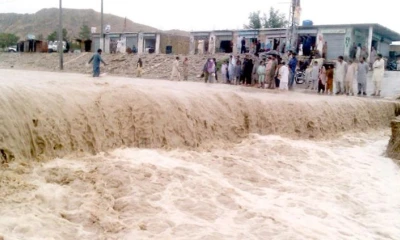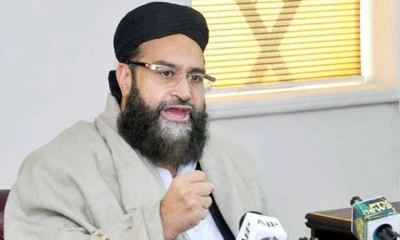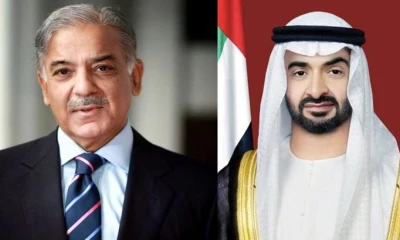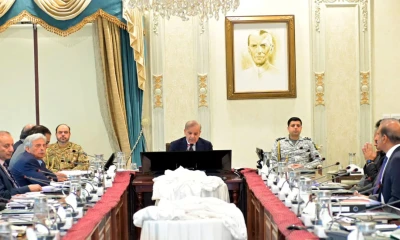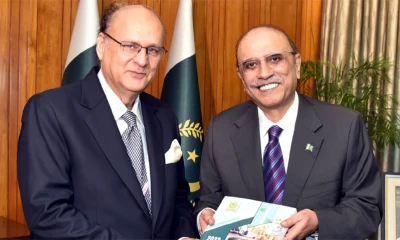Pakistan
World Bank okays $800m grant to develop Pakistan’s power sector, human capital
The World Bank’s Board of Executive Directors approved $800 million in financing for two programs in Pakistan—the Pakistan Program for Affordable and Clean Energy and the Second Securing Human Investments to Foster Transformation.
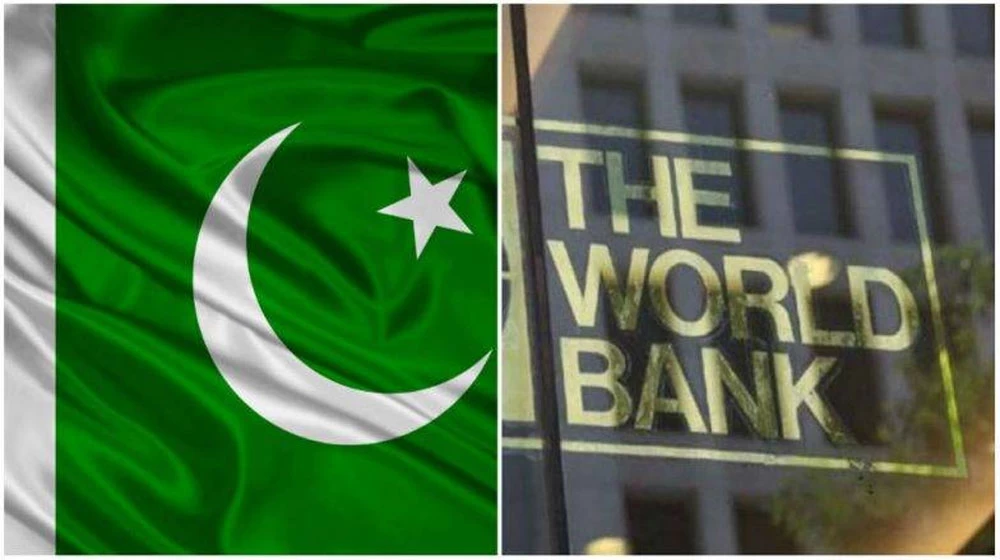
The Ministry of Economic Affairs, Government of Pakistan and the World Bank signed the financing agreement of the “Punjab Rural Sustainable Water Supply and Sanitation Project” on Sunday.
The $400 million Pakistan Program for Affordable and Clean Energy (PACE) focuses on measures to improve the financial viability of the power sector and support the country’s transition to low-carbon energy. PACE prioritizes actions needed to initiate critical power sector reforms focused on: reducing power generation costs; better targeting of subsidies and tariffs for consumers; and improving efficiencies in electricity distribution with the participation of the private sector. Additional medium-term reforms are under development, focusing on subsidies, competitiveness, and power sector sustainability.
The goal is to reduce circular debt over the long term.
The $400 million Second Securing Human Investments to Foster Transformation program (SHIFT II) supports a federal structure to strengthen basic service delivery for human capital accumulation. The program will help improve health and education services, increase income-generation opportunities for the poor, and promote inclusive economic growth.
Secretary Economic Affairs Noor Ahmed signed the financing agreement on behalf of the Government of Pakistan while Country Director, World Bank Najy Benhassine, signed the agreement on behalf of the World Bank.
The project aims to provide equitable and sustainable access to clean drinking water; improve sanitation; and reduce child stunting in Punjab.
The project interventions will cover 2,000 villages including 2,000 main settlements and 8,000 small settlements in 16 districts of Punjab that are the poorest and have the worst social infrastructure, besides stunting issues.
The project interventions will directly benefit six million rural people of Punjab and will support in reducing the incidence of stunting among children aged 0-3 years (40%) in Punjab.
In line with the vision of Prime Minister Imran Khan to ensure equitable and inclusive socio-economic opportunities, eight districts from South Punjab; Bahawalnagar, Bahawalpur, DG Khan, Lodhran, Multan, Muzaffargarh, Rahim Yar Khan and Rajanpur have been included in the project.
Furthermore, eight other districts from Central and North Punjab i.e. Bhakkar, Chakwal, Chiniot, Jhang, Khushab, Mianwali, Pakpattan and Sargodha were included after due diligence.
The project will have a direct impact on the life of citizens and create employment opportunities in the rural areas.
The government will invest in social infrastructure and improve service delivery to provide potable water through cost-effective and sustainable investments; offer safely managed sanitation facilities to reduce the total faecal burden in the village environment; and raise awareness and promote behaviour change for better hygiene practices at the household and community levels to promote health and ensure the sustainability and quality of the water source.
-
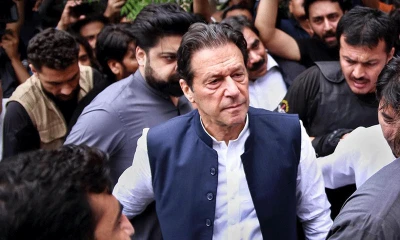
 Pakistan 14 hours ago
Pakistan 14 hours agoImran Khan’s interim bail extended in three cases
-

 Sports 15 hours ago
Sports 15 hours agoVideo goes viral of meeting Babar Azam, Shaheen Afridi
-

 Regional 2 days ago
Regional 2 days agoAmazon is filled with garbage ebooks. Here’s how they get made.
-

 Pakistan 11 hours ago
Pakistan 11 hours agoCourt approves plea of Bushra Bibi, Imran Khan medical checkup
-
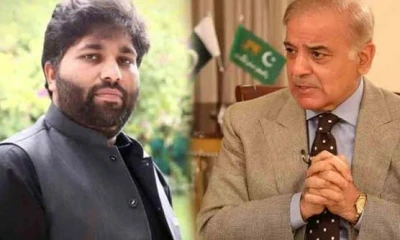
 Pakistan 1 day ago
Pakistan 1 day agoBadar Shehbaz appointed as media coordinator of Shehbaz Sharif
-

 World 16 hours ago
World 16 hours ago10 including army chief killed in Kenyan helicopter crash
-
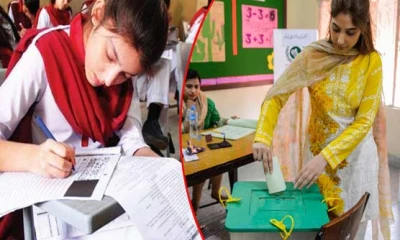
 Pakistan 2 days ago
Pakistan 2 days agoBy-elections: Two exams of intermediate postponed
-
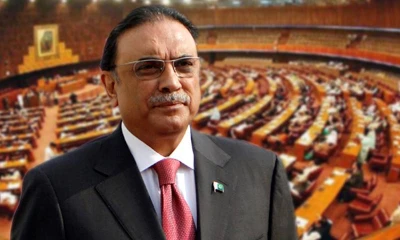
 Pakistan 1 day ago
Pakistan 1 day agoJoint session of Parliament: Zardari's address, opposition protests


